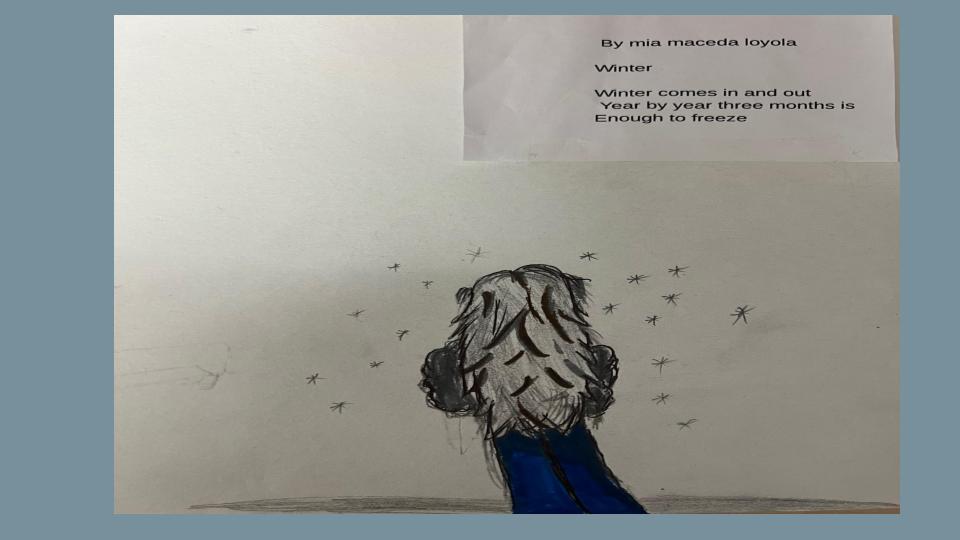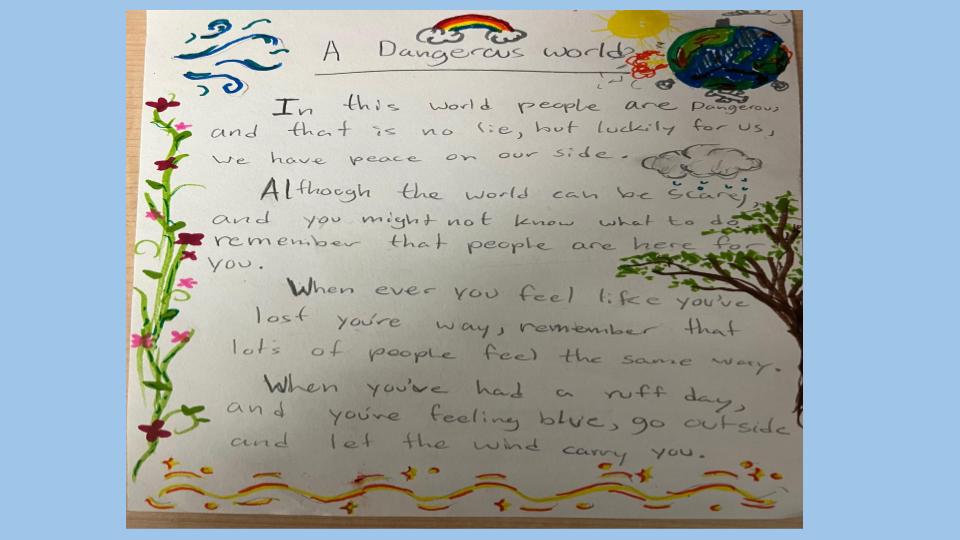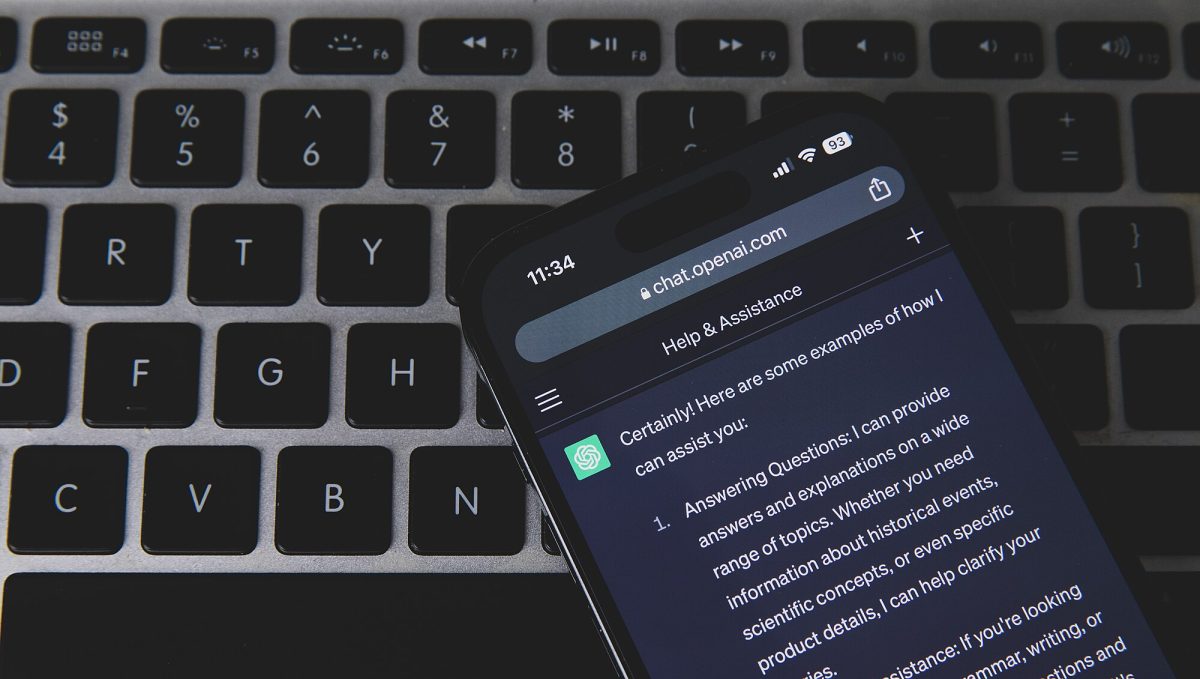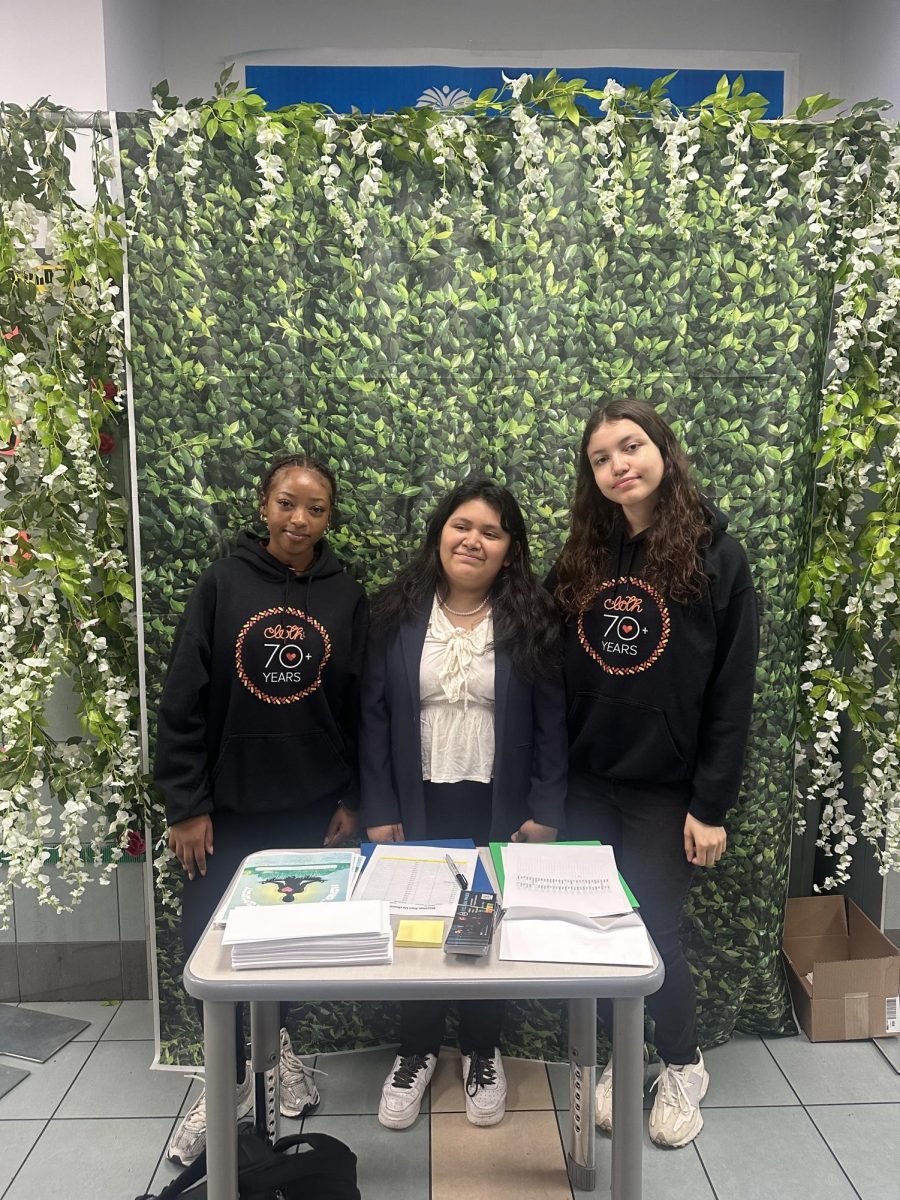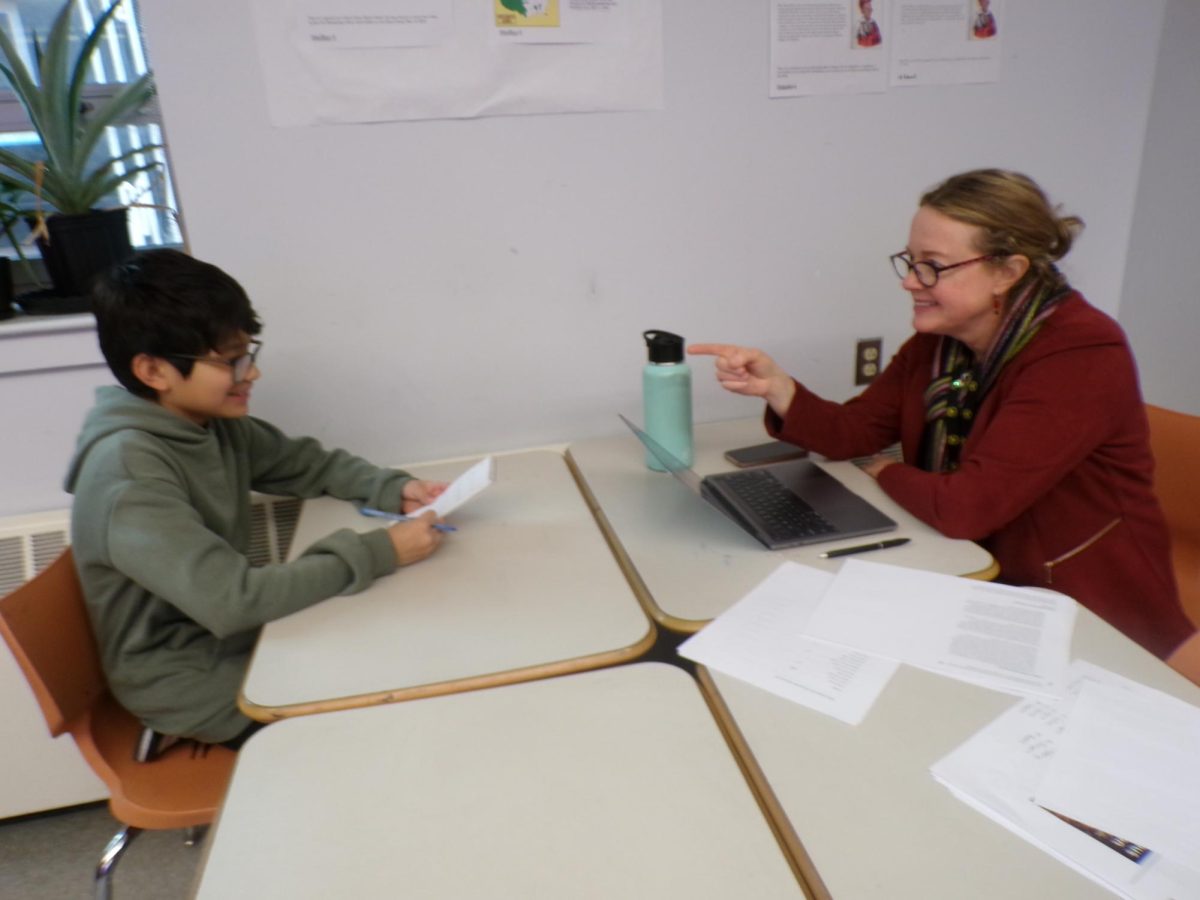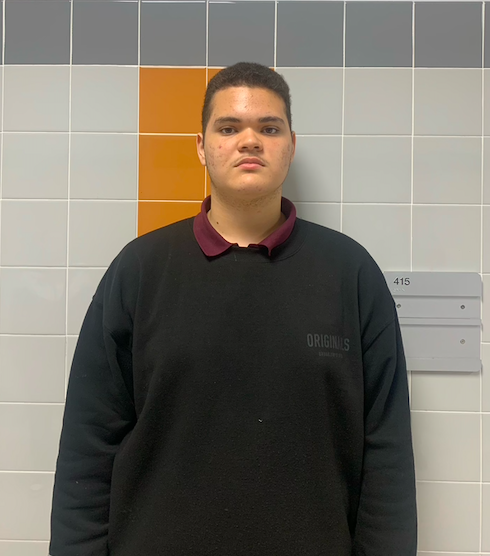Artificial intelligence is one of the human creations that has been most utilized today, facilitating medical procedures, problem-solving, document creation, and helping many people with certain everyday activities. But there are people who misuse AI to avoid contributing their own effort.
At CHAH, students and teachers are familiar with AI. But what are the real benefits and consequences of using these helpful tools?
“I think artificial intelligence can be a useful tool, but that 1. It should be examined for biases; that it shouldn’t be accepted or used uncritically; and 2. It should NOT be used in place of thought,” said Emily Doscher, an English teacher.
However, artificial intelligence is good as long as you can take advantage of it for improving your thinking.
“I use artificial intelligence for a variety of things. It just helps me brainstorm, and also can help me edit my work quickly, and I use it for things like helping me with my lessons.” said Rebecca Stanton, English teacher and ENL department chair.
AI can also help students to start their work.
“I mainly use A.I. to give me inspiration for speeches or pieces of writing especially when I can’t come up with anything on my own,” said Malia Eleno, a sixth-grade student.
However, some students said that Artificial intelligence can do the opposite of helping.
“You might not get the full knowledge, since you’re just using it to do the work if you’re not really studying it,” said an eight-grader who asked to remain anonymous.
Many of us use AI to make things easier and help others.
“I primarily use artificial intelligence to differentiate coursework for my students, making it more accessible. Examples: Kami, Diffit, MagicSchool, FluentU, ChatGPT. Yesterday I learned about a Google Chrome extension called Read&Write that I’m excited to use to help my students,” Doscher said.
How do you use A.I.? Let us know in the comments below.


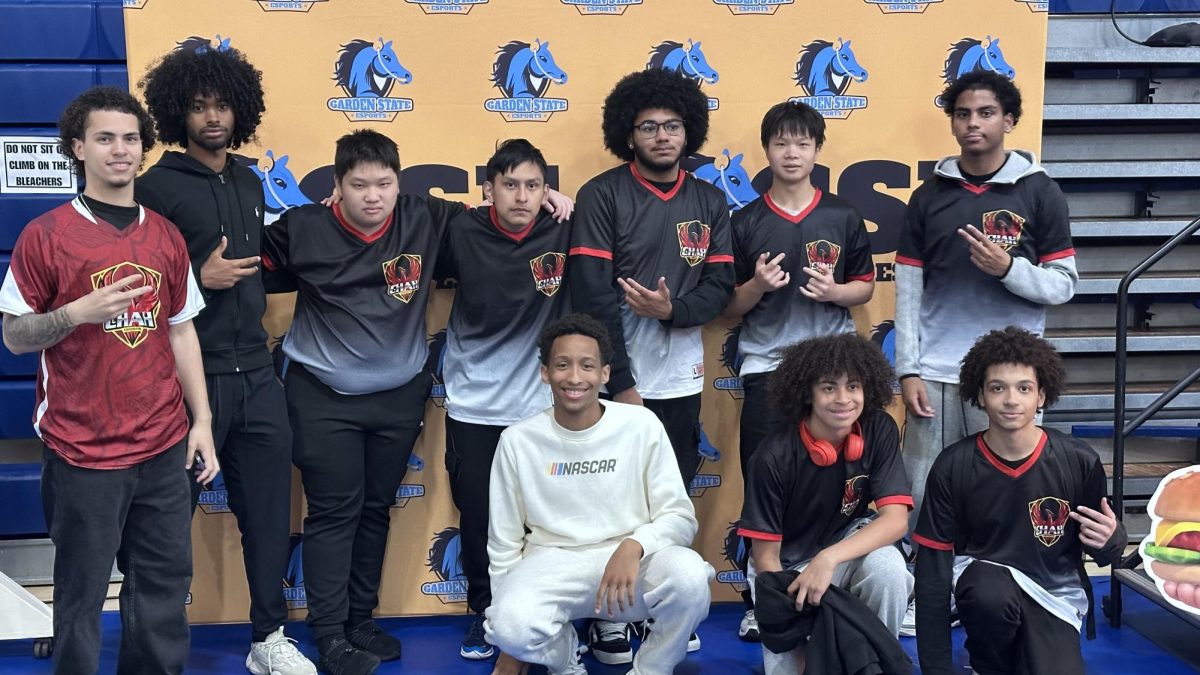
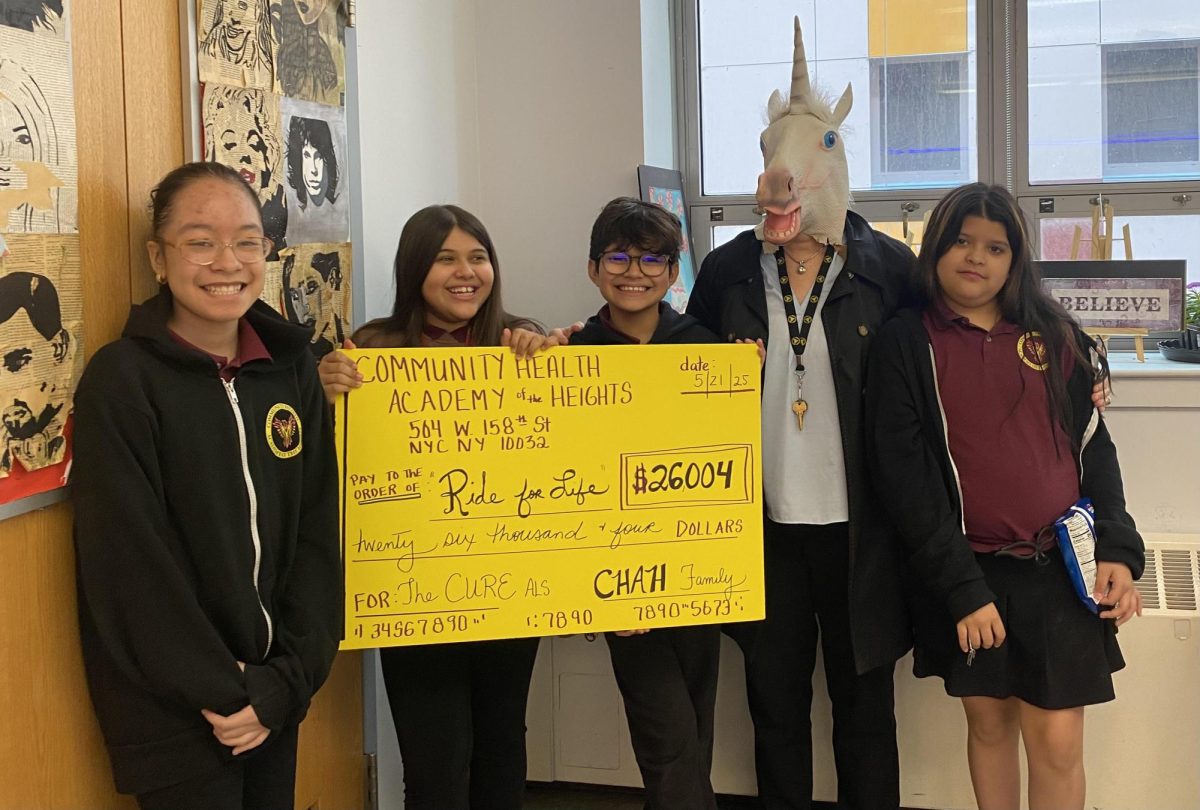
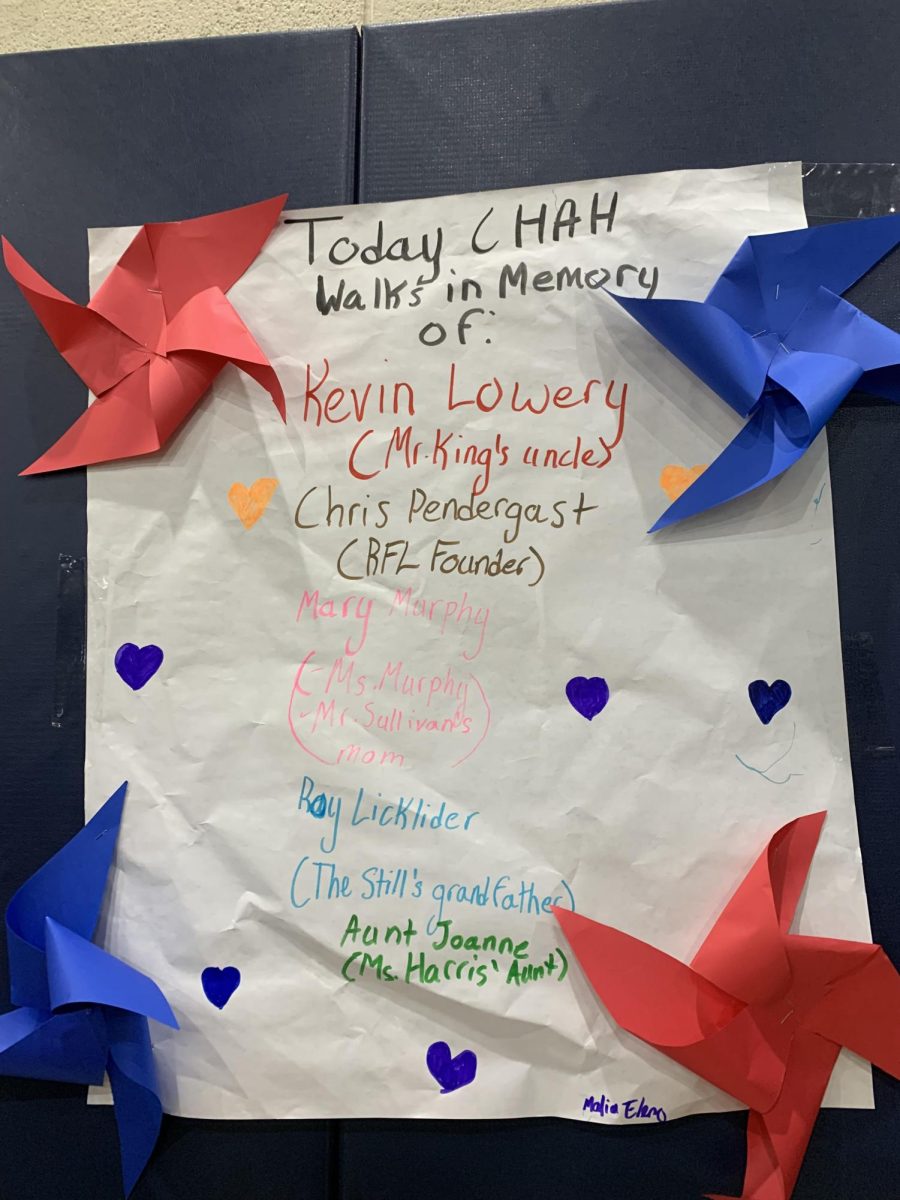

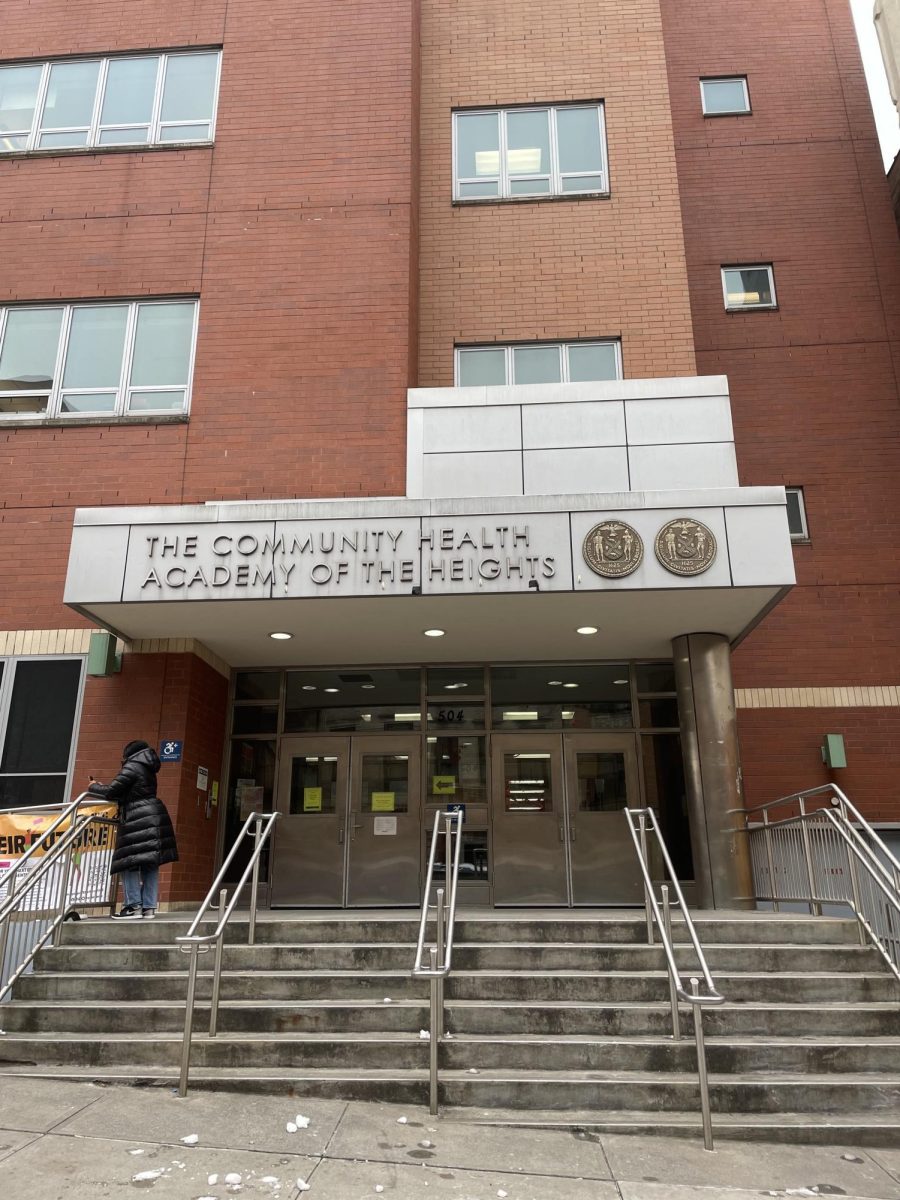

![Pet Day at School by hotta, available at Openclipart [https://openclipart.org/detail/322856/pet-day-at-school] under a Creative Commons Zero (CC0) License.](https://chahphoenix.com/wp-content/uploads/2025/01/322856.png)
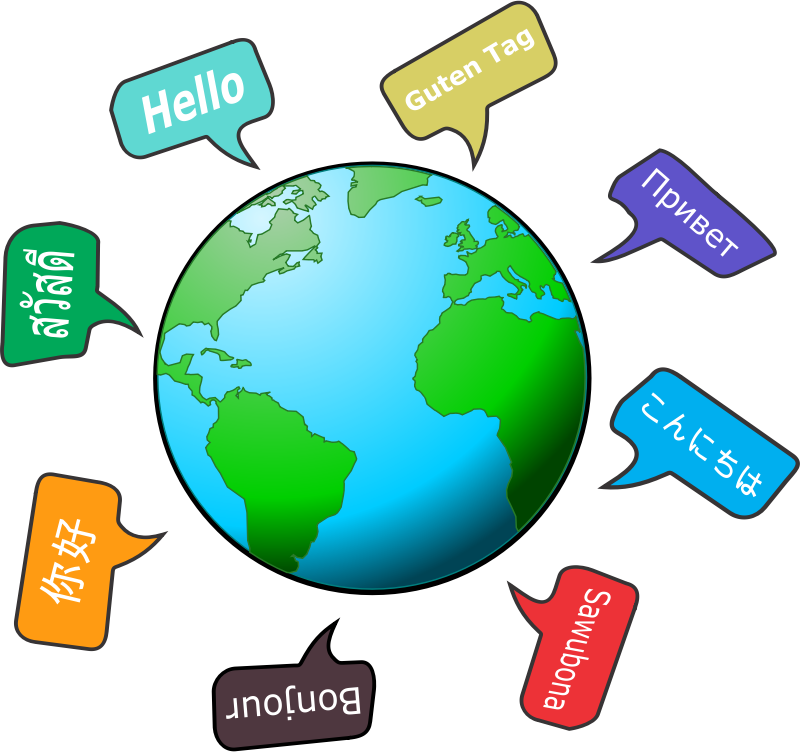
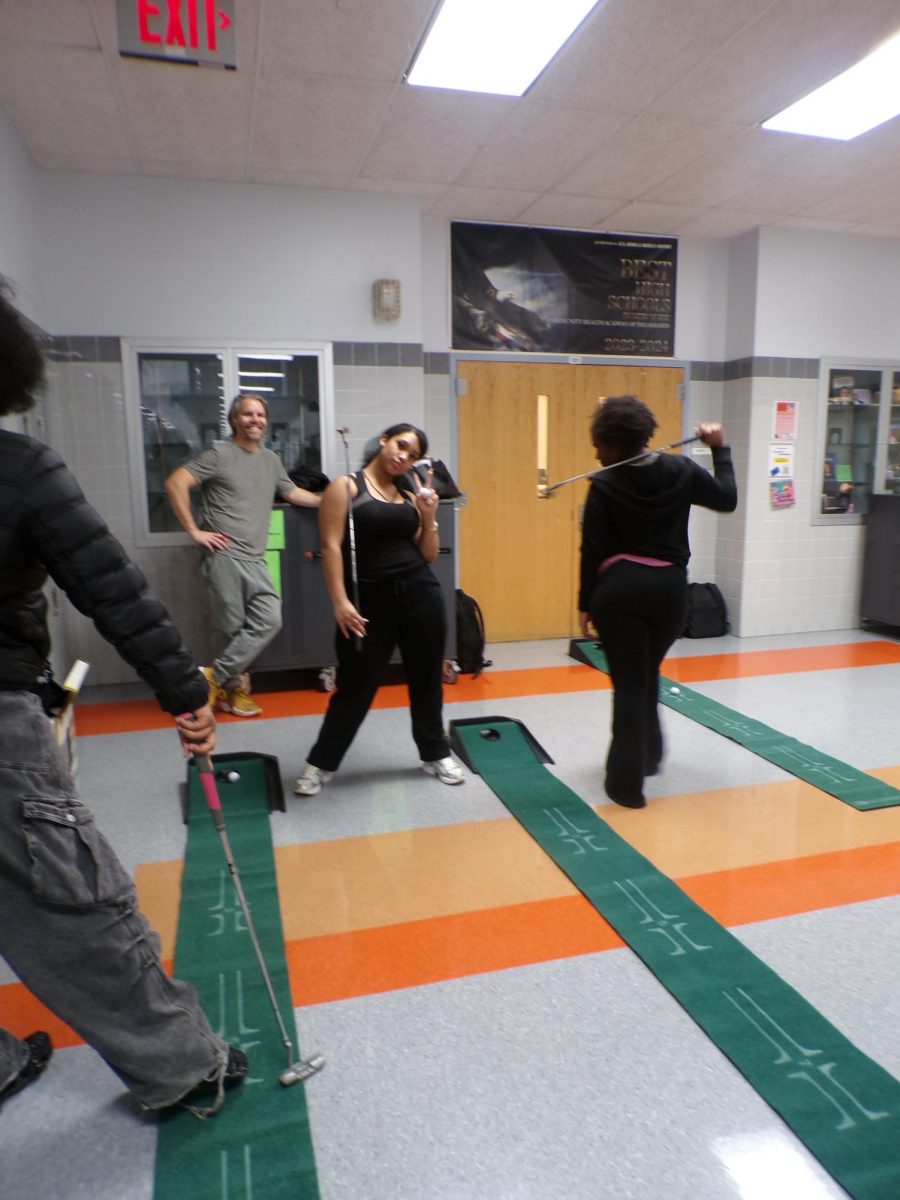
![[Sports] Do Sports at CHAH Matter?](https://chahphoenix.com/wp-content/uploads/2024/11/Screen-Shot-2024-11-15-at-9.54.48-AM-903x1200.png)
![[Slideshow] Volleyball Team Celebrates Senior Night](https://chahphoenix.com/wp-content/uploads/2024/09/IMG_2060-1200x900.jpeg)
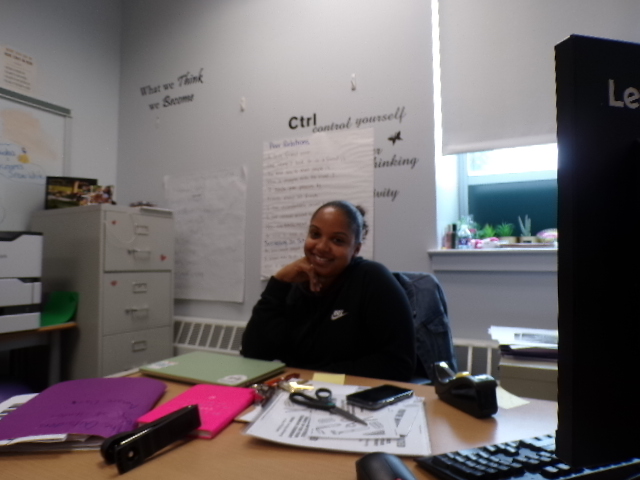

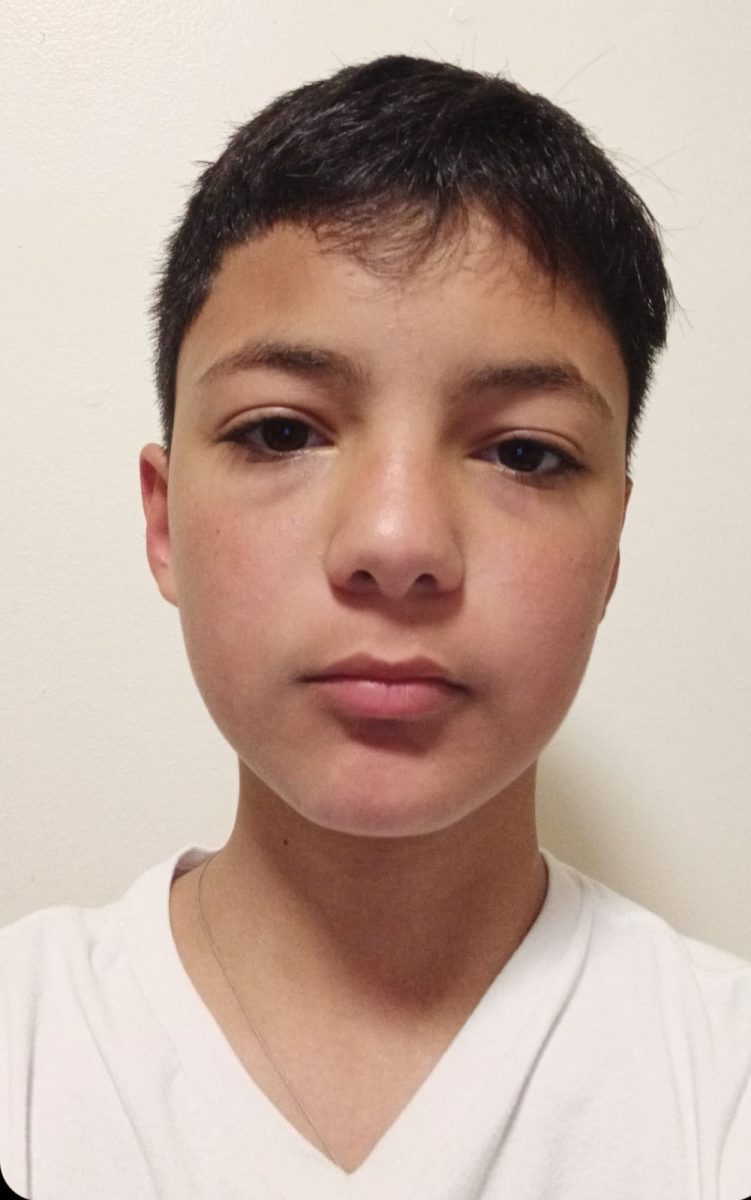

![[Fiction] Maddy’s Shadow](https://chahphoenix.com/wp-content/uploads/2025/02/L-door-979x1200.png)




